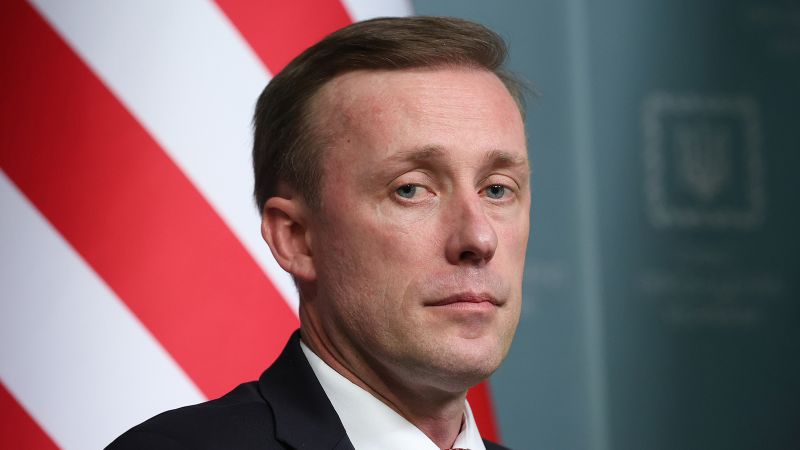President Joe Biden’s national security adviser Jake Sullivan met with ambassadors and chiefs of mission from 17 countries whose citizens were taken hostage by Hamas on October 7. The group discussed ideas to secure the release of the hostages in Gaza and ways to exert pressure on negotiating parties to finalize a ceasefire agreement. A particular focus was placed on speaking collectively as a group in public and private settings to increase leverage in negotiations.
The efforts to secure the release of hostages and reach a ceasefire deal appear to have stalled, prompting the ambassadors and chief of missions to brainstorm ways to pressure Israel, Egypt, and Qatar to return to the negotiating table. One idea discussed was to speak as a collective voice to the United Nations. These 18 countries had previously released a statement in April calling for the release of hostages and emphasizing the importance of reaching a ceasefire agreement to bring peace and stability to the region.
Sullivan’s meeting with the families of American citizen hostages led to the formation of a “working group” comprising ambassadors and chief of missions representing the 18 countries involved. This collective effort aims to exert pressure on Israel and Hamas to reach a deal as the war enters its eighth month. The Biden administration is facing pressure at home and abroad over its policy towards the war and its support for Israel, particularly in light of the high civilian death toll in Gaza.
The US is working closely with these countries to find a solution to free the hostages, while also addressing concerns about its policy in the region and its unwavering support for Israel. Diplomats from various countries, including those in the Middle East, have expressed growing concerns about the situation, with some viewing it as a national security issue for the US. The administration is navigating these frustrations and pressures as it formulates its policy in the region.
President Biden has indicated a willingness to withhold additional offensive weapons from Israel if it pursues a major military operation into Rafah, while also reiterating the US’s support for Israel’s right to defend itself. The administration is facing increasing scrutiny and criticism from abroad over its handling of the conflict and its stance on the war, as it seeks to balance the demands and concerns of various countries involved. The collective efforts of these 18 countries to pressure Israel and Hamas for a resolution highlight the complex and delicate diplomatic landscape in the region.


